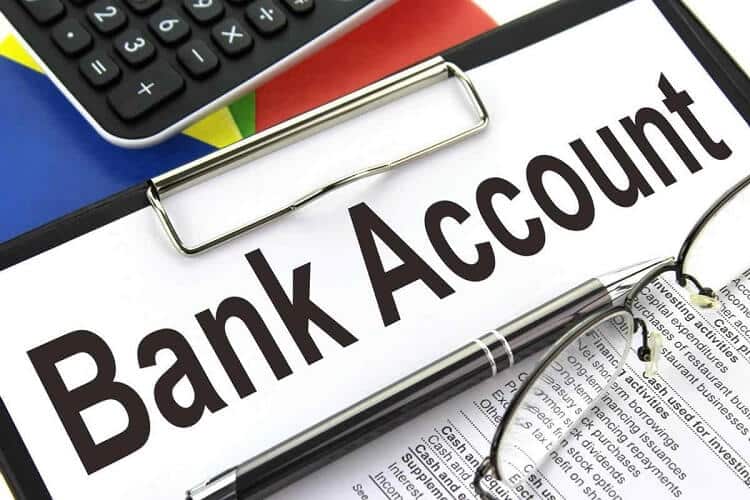Legacy Design Strategies
Omaha, NE, Minot, ND and Iowa Fall, IA Estate Planning and Elder Law Firm
Estate Planning and Elder Law Blog

You’ve named beneficiaries to accounts many times already, when you opened an IRA, bought an insurance annuity, a life insurance policy, started an investment account, signed up for a pension or bought shares in a mutual fund. These are the accounts that come to mind when people think about beneficiary designations. However, according to a recent article in Forbes titled “Do You Need a Beneficiary for Your Bank Account?,” they are not the only financial instruments with beneficiary designations.
When you open a bank account, most retail banks don’t ask you to name a beneficiary, but it’s not because you can’t. If the bank allows beneficiaries on their accounts, it’s usually a pretty simple process. In most cases, you’ll be asked to fill out a form or go through the bank’s process online.
Banks don’t push for beneficiary accounts because they are not required to do so. However, this is a smart move and can be a helpful part of your estate plan. The biggest benefit: funds in the account will be distributed directly to the beneficiary upon your death. They won’t have to go through probate and won’t be part of your estate. Otherwise, whatever assets you keep in your bank accounts will be counted as part of your estate and subject to probate.
Probate is a court process to validate the will and the named executor, supervising the distribution of assets from your estate. In some cases, it can be complicated, take months to complete and depending on the size of your estate, be expensive. If the money in your bank accounts does not go to a beneficiary, it can be used to pay off estate debts instead of going straight to a beneficiary.
For married people, bank account funds are treated differently. Half of the balance goes to your spouse upon death, the rest goes through probate.
Naming a beneficiary is a better alternative. The beneficiary may collect the money immediately. They’ll need to go to the bank with an original or certified copy of a death certificate, required identification (usually a driver’s license) and the money is transferred to them.
If you are married and don’t live in a community property estate, a surviving spouse may be able to dispute the terms of a beneficiary arrangement, but that will take time.
Another means of transferring assets in a bank account is to change your accounts to POD, or Payable On Death accounts. There are other names: In Trust For (ITF), Totten Trust or Transfer on Death (TOD). The named beneficiary is referred to as the POD beneficiary.
There is considerable flexibility when naming a POD beneficiary. It may be a living person, or it can be an organization, including a nonprofit charity or other trusts. You are not allowed to name a non-living legal entity, like a corporation, limited liability company (LLC) or partnership.
Beneficiary designations override wills, so if you forget to change them, the person named will still receive the money, even if that was not your intent. You should review beneficiaries for all of your accounts every year or so. Divorce, death, marriages, births and any other lifetime events are also reasons to check on beneficiary designations.
Reference: Forbes (July 9, 2021) “Do You Need a Beneficiary for Your Bank Account?”

Get Started Today
Book your Free Estate Planning Consultation Now
Stay Up-To Date
Subscribe to Our eNewsletter
9859 South 168th Avenue,
Omaha, NE 68136
7 Third Street SE, Suite 202,
Minot, ND 58701
320 North Oak Street, PO Box 295,
Iowa Falls, IA 50126
